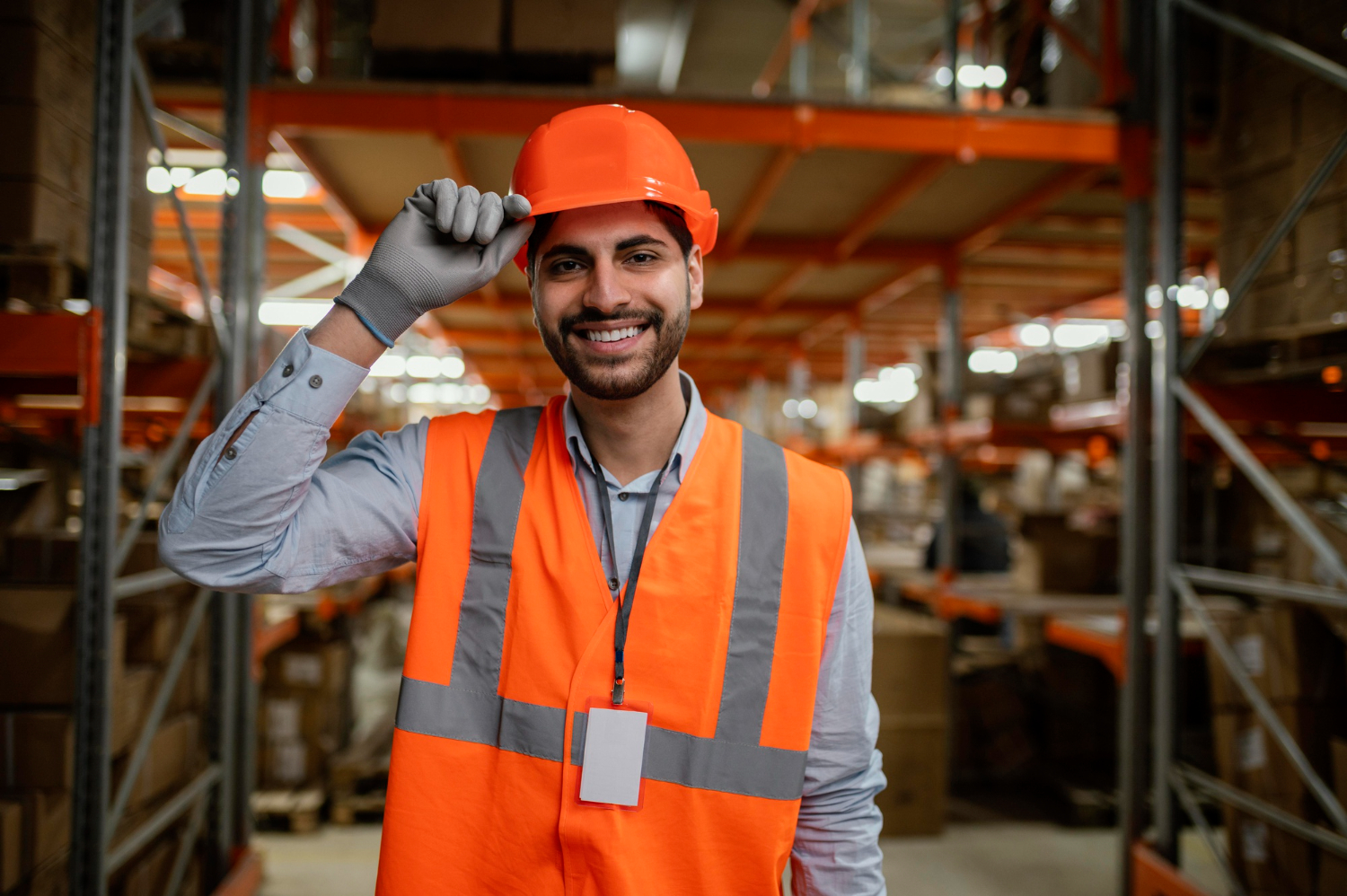
Workplace safety has evolved from a mere regulatory checkbox into a fundamental business driver. For India, this transformation presents an unprecedented opportunity to lead the global safety ecosystem rather than simply follow it. With robust manufacturing infrastructure and a skilled workforce, the country stands ready to redefine workplace safety standards over the next decade through innovation, sustainability, and strategic partnerships.
From Demand Meeting to Standard Setting
The COVID-19 pandemic demonstrated India’s manufacturing agility when safety product demand surged globally. However, the path forward requires more than production capacity. India must transition from reactive manufacturing to proactive innovation leadership.
The future belongs to nations that define safety standards rather than adapt to them. By developing next-generation personal protective equipment (PPE) and integrated digital safety solutions, India can establish protocols that protect workers worldwide. Active participation in international regulatory forums enables Indian experts to shape global workplace safety norms, positioning the country as a thought leader in occupational health protection.
Building Trust Through Global Compliance
As multinational corporations restructure supply chains prioritizing resilience and reliability, India emerges as a strategic manufacturing hub. The country’s competitive ecosystem, modern infrastructure, and business-friendly policies create ideal conditions for safety product exports.
Alignment with international standards including ANSI, OSHA, and EN certifications builds credibility with global buyers. Over the coming decade, consistent quality delivery and standards compliance will establish India as the preferred partner for workplace safety solutions. This reputation transcends manufacturing — it positions India as a trusted collaborator in protecting workers across industries and continents.
Sustainable Manufacturing: Competitive Necessity
Environmental responsibility has shifted from corporate social responsibility to core business strategy. Modern procurement teams demand safety products manufactured sustainably with transparent supply chains and minimal environmental impact.
Indian manufacturers can differentiate through comprehensive sustainability integration. Renewable energy adoption, circular economy principles, recyclable materials, and biodegradable alternatives demonstrate commitment beyond profit margins. By pioneering eco-friendly safety solutions, India proves worker protection and environmental stewardship are complementary goals, setting new industry benchmarks that competitors must follow.
Technology-Driven Safety Innovation
Technological advancement will define workplace safety’s next chapter. Smart wearables monitoring worker vitals in real-time, artificial intelligence predicting hazards before incidents occur, and connected PPE integrating with enterprise systems represent just the beginning.
India’s expanding innovation ecosystem enables collaboration between manufacturers, technology startups, and research institutions. Developing solutions for emerging sectors — renewable energy, automation, electric vehicles — positions India at the safety innovation forefront. These technologies enhance worker protection while improving operational efficiency, productivity, and business resilience, creating value across the entire organizational spectrum.
Empowering Workforce Excellence and Skills
Leadership in workplace safety requires more than advanced manufacturing capabilities — it demands a highly trained workforce equipped with specialized skills. India must invest strategically in safety education programs, technical training institutes, and industry certification frameworks that develop expertise in safety engineering, materials science, and quality assurance.
Public-private partnerships can accelerate skills development through apprenticeship programs, international knowledge exchanges, and collaborative research initiatives. By building world-class talent pools in safety product design, testing, and compliance, India creates sustainable competitive advantages. This workforce development not only strengthens domestic manufacturing but also positions Indian professionals as sought-after experts in global safety organizations, further amplifying the country’s influence in shaping industry standards.
The Decade of Opportunity
India stands at a pivotal moment. The next ten years offer a unique window to transform from global safety participant to industry leader. Success requires combining manufacturing excellence, continuous innovation, sustainability commitment, and active international standards engagement.
The returns extend beyond economic gains. Leadership in workplace safety means safer work environments globally, stronger international partnerships, and influential positioning in an industry affecting every economic sector. By seizing this opportunity, India can shape how the world approaches worker protection for generations to come.
Cover the latest EHS news updates with a single click. Follow DistilINFO EHS and stay ahead with updates. Join our community today!


Leave a Reply